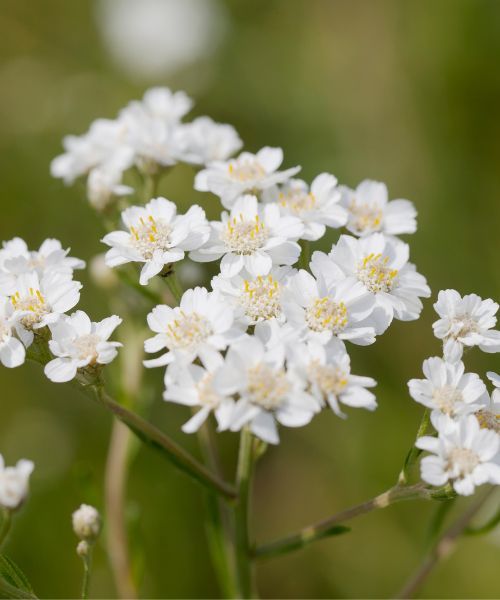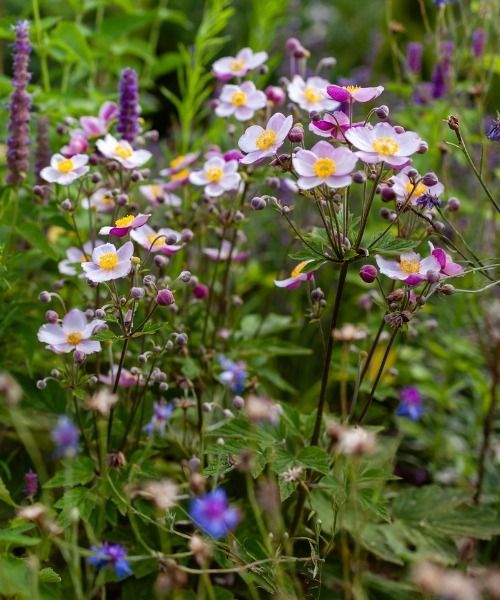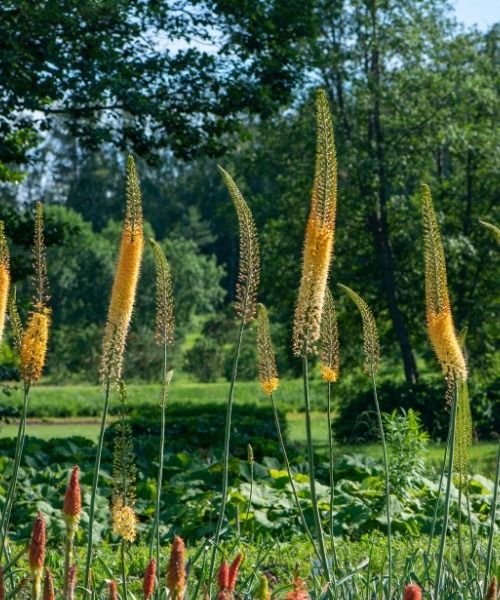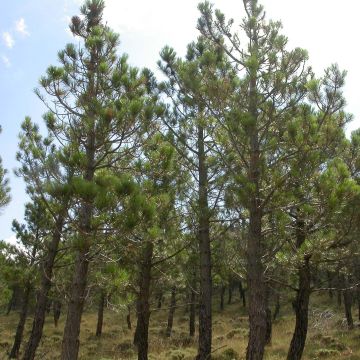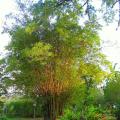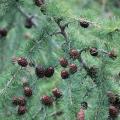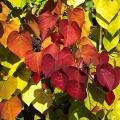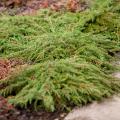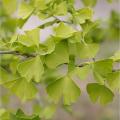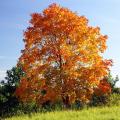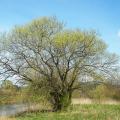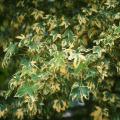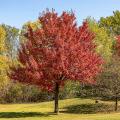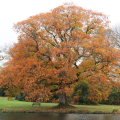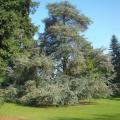Shipping country and language
Your country of residence may be:
Your country of residence is:
For a better user experience on our website, you can select:
Your shipping country:
Andorra
Austria
Belgium
Bulgaria
Canada
Chile
Croatia
Cyprus
Czechia
Denmark
Estonia
Finland
France
Germany
Greece
Hungary
Iceland
Ireland
Italy
Latvia
Lithuania
Luxembourg
Malta
Monaco
Netherlands
Poland
Portugal
Romania
Slovakia
Slovenia
Spain
Sweden
Switzerland
United Kingdom
We only deliver seed and bulb products to your country. If you add other products to your basket, they cannot be shipped.
Language:
French
German
Spanish
English
My Account
Hello
My wish lists
Plantfit
Log in / Register
Existing customer?
New customer?
Create an account to track your orders, access our customer service and, if you wish, make the most of our upcoming offers.
Large specimen trees, all our special offers
Does this plant fit my garden? Set up your Plantfit profile →
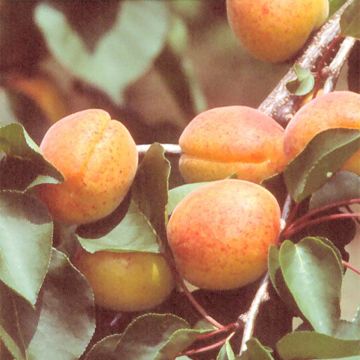
Available in 3 sizes
Available in 3 sizes
Our range of trees and conifers in large sizes, measuring between 2 and 5 m (7 and 16ft) in height. These large-sized plants, often preferred by landscapers, make an impact in the garden from the moment they are planted. Whether you are looking for the autumn splendour of Ginkgos, the beneficial shade of the plane tree, or the grace of the weeping willow, we offer a wide choice of already well-developed trees, ready to be planted. A slow-growing tree like the beech for example, will save at least 5 years of cultivation. Some species, such as Paulownia or the Judas tree, have reached maturity, allowing gardeners to enjoy their flowering without having to wait for years. We offer them in a variety of shapes including low-stemmed trees, half-standard trees (trunk of about 1.20 m (4ft)), or high-standard trees (trunk from 1.75 m (6ft) to 2 m (7ft) high), multi-stemmed... Each form, obtained through pruning, corresponds to a particular silhouette.
Tips: It is preferable to plant large-sized trees during their vegetative rest period, between mid-November and mid-March in average climates. Planting later will require rigorous watering for the first two years. Prepare the soil in advance to loosen it and improve it with compost, and plant upon receipt. The use of a compost enriched with mycorrhiza is recommended to ensure a good recovery for large specimens. Finally, it is essential to stake, and even guy a large specimen during planting, as its foliage offers significant wind resistance while its roots are not yet anchored in the soil.
Haven't found what you were looking for?
The flowering period indicated on our website applies to countries and regions located in USDA zone 8 (France, the United Kingdom, Ireland, the Netherlands, etc.)
It will vary according to where you live:
- In zones 9 to 10 (Italy, Spain, Greece, etc.), flowering will occur about 2 to 4 weeks earlier.
- In zones 6 to 7 (Germany, Poland, Slovenia, and lower mountainous regions), flowering will be delayed by 2 to 3 weeks.
- In zone 5 (Central Europe, Scandinavia), blooming will be delayed by 3 to 5 weeks.
In temperate climates, pruning of spring-flowering shrubs (forsythia, spireas, etc.) should be done just after flowering.
Pruning of summer-flowering shrubs (Indian Lilac, Perovskia, etc.) can be done in winter or spring.
In cold regions as well as with frost-sensitive plants, avoid pruning too early when severe frosts may still occur.
The planting period indicated on our website applies to countries and regions located in USDA zone 8 (France, United Kingdom, Ireland, Netherlands).
It will vary according to where you live:
- In Mediterranean zones (Marseille, Madrid, Milan, etc.), autumn and winter are the best planting periods.
- In continental zones (Strasbourg, Munich, Vienna, etc.), delay planting by 2 to 3 weeks in spring and bring it forward by 2 to 4 weeks in autumn.
- In mountainous regions (the Alps, Pyrenees, Carpathians, etc.), it is best to plant in late spring (May-June) or late summer (August-September).
The harvesting period indicated on our website applies to countries and regions in USDA zone 8 (France, England, Ireland, the Netherlands).
In colder areas (Scandinavia, Poland, Austria...) fruit and vegetable harvests are likely to be delayed by 3-4 weeks.
In warmer areas (Italy, Spain, Greece, etc.), harvesting will probably take place earlier, depending on weather conditions.
The sowing periods indicated on our website apply to countries and regions within USDA Zone 8 (France, UK, Ireland, Netherlands).
In colder areas (Scandinavia, Poland, Austria...), delay any outdoor sowing by 3-4 weeks, or sow under glass.
In warmer climes (Italy, Spain, Greece, etc.), bring outdoor sowing forward by a few weeks.
